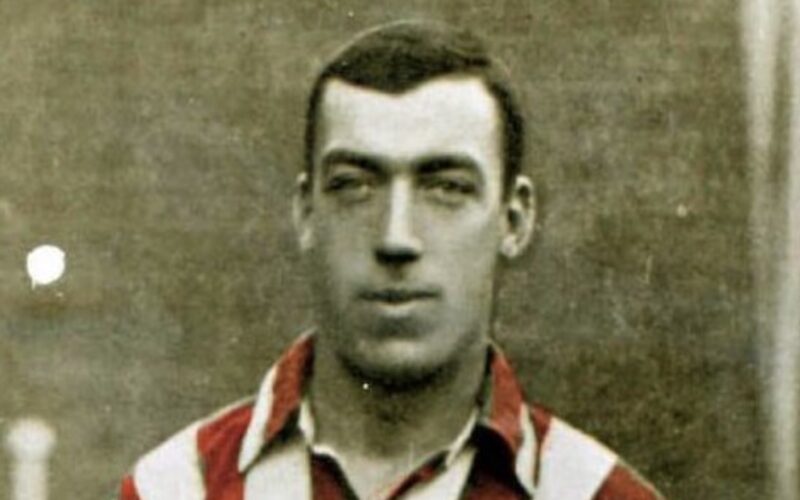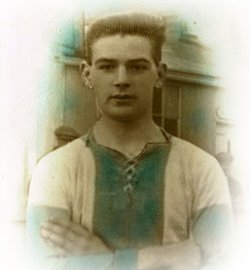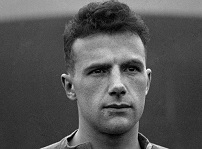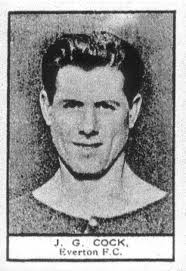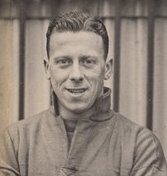The Man Who Coached Everton to Their First League Title
It is the summer of 1891 and the players of Everton Football Club proudly pose with Football League championship trophy which they had recently won for the first time. The club executives, who were at that time in charge of team selection, must take much of the credit for this triumph because of their clever dealings in the transfer market. The extra players they had brought in had proved to be good enough to carry off the championship after finishing second in the previous season. Their fitness and welfare, however, had been placed in the hands of a former Everton…

